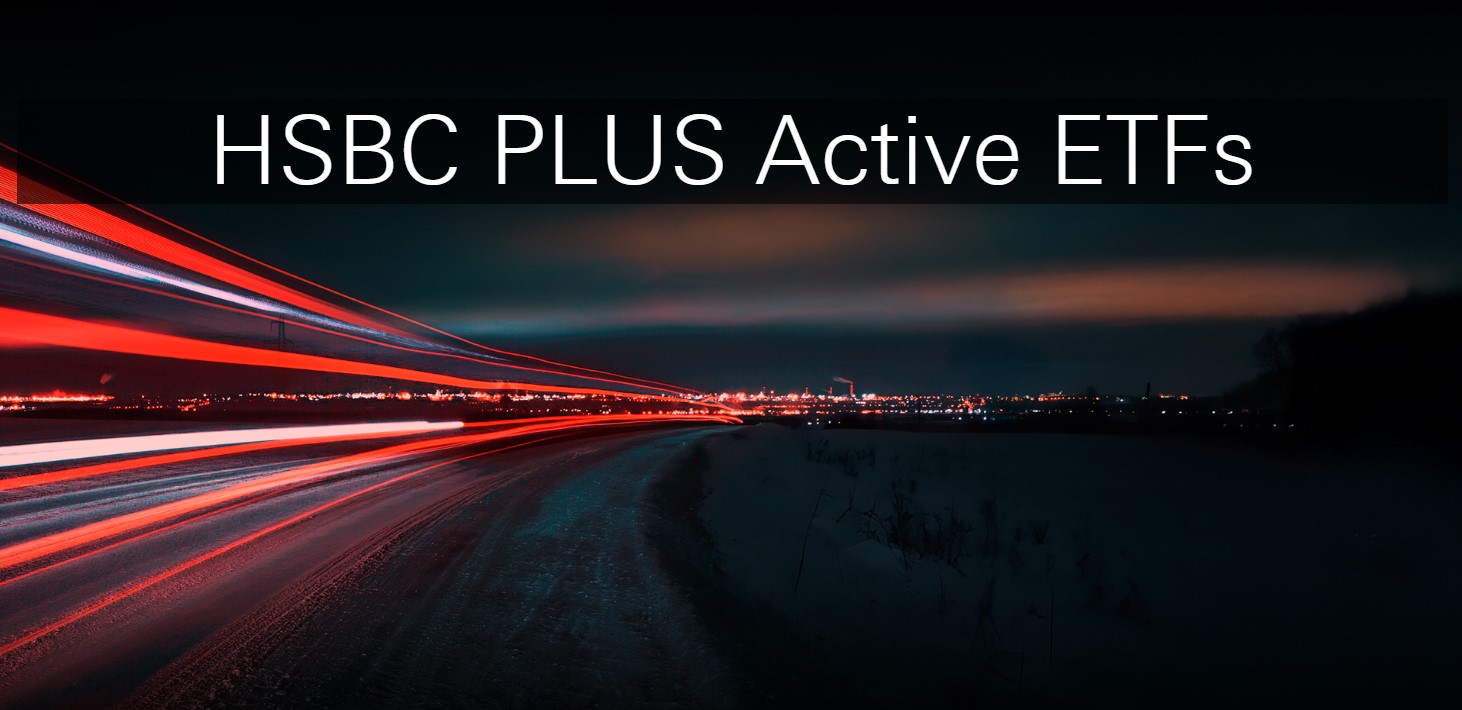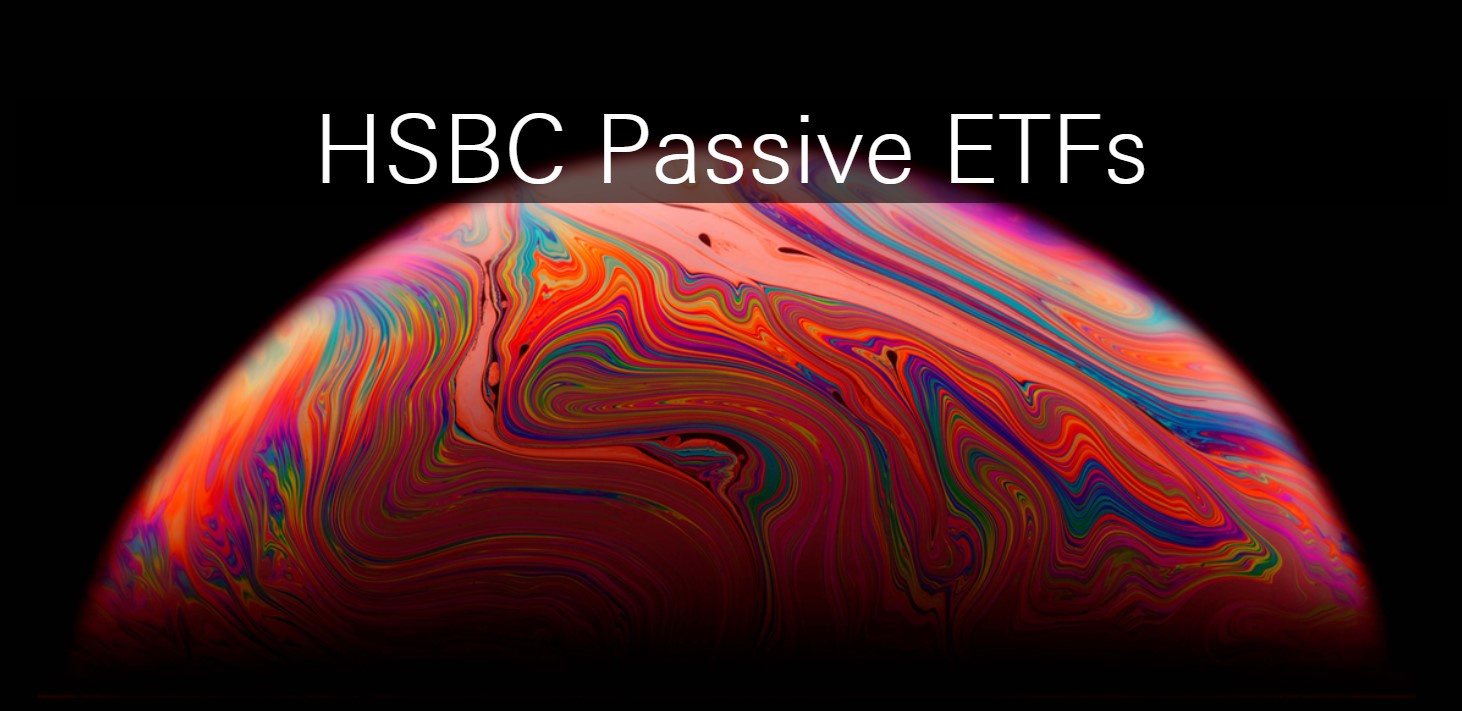The value of an investment in the portfolios and any income from them may go down as well as up, and you may not get back the amount originally invested.
- Concentration risk: The fund may be concentrated in a limited number of securities, sectors or countries, increasing volatility
- Counterparty risk: A party to a financial contract may default on its obligations
- Derivatives risk: Derivatives may behave unexpectedly and involve leverage
- Emerging markets risk: These markets may be more volatile and carry higher market, currency and liquidity risks
- Exchange rate risk: Currency movements can materially impact returns
- Index tracking risk: Tracking errors may occur, meaning performance may differ from that of the target index
- Investment leverage risk: Exposure may exceed the capital invested, amplifying gains or losses
- Liquidity risk: Some assets may be hard to sell, especially during market stress
- Operational risk: Errors may arise from transaction handling, valuation or reporting
Some ETFs may not be authorized for distribution in Switzerland under Article 120 of the Swiss Federal Collective Investment Schemes Act (CISA). Potential investors must verify the registration status of each sub-fund before making an investment decision.
This webpage is a marketing communication and is intended exclusively for professional investors within the meaning of Article 4(3) of the Swiss Financial Services Act (FinSA).
Further information on potential risks may be found in the Key Information Document (KID) and/or the Prospectus or Offering Memorandum.
This document is exclusively intended for professional investors as defined in Article 4(3)(a-g) of the Swiss Financial Services Act (FinSA, FIDLEG).
It is not intended for:
- Professional clients who are not institutional clients under Article 4(4) FinSA and who wish to opt-in for treatment as retail clients under Article 5(5) FinSA.
- High-net-worth (HNW) retail clients and private investment structures created for them, who may declare themselves as professional investors (opting out).
There are further possibilities for opting-in and opting-out under FinSA. For details, please refer to our website: https://www.assetmanagement.hsbc.ch/ . If you wish to change your client categorization, please inform us.
Regulatory Authorization of HSBC ETFs Sub-Funds in Switzerland
Some HSBC ETF sub-funds are not authorized for distribution in Switzerland under Article 120 of CISA (KAG). Potential investors should verify the authorization status of each sub-fund before making an investment decision.
For an updated list of authorized ETF sub-funds, please refer to the Swiss Financial Market Supervisory Authority (FINMA) database under Approved Institutes, People, and Products.
Investment Risks & Performance Disclaimers
- Investors and potential investors must read and acknowledge the risk warnings in the Prospectus and KID. Before subscribing, investors should refer to:
- The Prospectus for general risk factors
- The KID for specific risk factors associated with the ETF
- Past performance is not indicative of future results. Future returns may be lower or higher than past trends.
- Performance data does not include issue and redemption costs or commissions, which may impact actual returns.
- The value of investments and any income derived from them may fluctuate, and investors may not recover the amount originally invested. In some cases, investors may lose their entire investment or more.
- Where ETFs invest in foreign currencies, exchange rate fluctuations may positively or negatively impact investment value.
- Investments in emerging markets involve higher risks and volatility compared to investments in developed markets.
- ETF tracking error and liquidity risks may affect the fund’s performance relative to its benchmark index.
- Portfolio allocation and index tracking are subject to changes based on market conditions and fund management decisions.
Fund Structure & Jurisdictional Restrictions
The ETFs presented in this document are sub-funds of HSBC ETFs, an exchange-traded fund structured as an investment company domiciled in Ireland.
The shares in HSBC ETFs have not been and will not be registered under the US Securities Act of 1933. They may not be sold or offered in the United States, its territories, possessions, or areas under its jurisdiction, nor to US persons. HSBC Global Asset Management (Switzerland) AG having its registered office at Gartenstrasse 26, PO Box, CH-8002 Zurich has a licence as an asset manager of collective investment schemes and as a representative of foreign collective investment schemes. Disputes regarding legal claims between the Client and HSBC Global Asset Management (Switzerland) AG can be settled by an ombudsman in mediation proceedings. HSBC Global Asset Management (Switzerland) AG is affiliated to the ombudsman FINOS having its registered address at Talstrasse 20, 8001 Zurich. There are general risks associated with financial instruments, please refer to the Swiss Banking Association (“SBA”) Brochure “Risks Involved in Trading in Financial Instruments”.
(Potential) investors are kindly asked to consult the latest issued Key Information Document (KID), prospectus, the articles of incorporation and the (semi-)annual report of the fund which may be obtained free of charge at the office of the representative: HSBC Global Asset Management (Switzerland) AG, Gartenstrasse 26, P.O. Box, CH-8002 Zurich. Paying agent: HSBC Private Bank (Suisse) S.A., Quai des Bergues 9-17, P.O. Box 2888, CH-1211 Geneva 1.
The funds presented are sub-funds of HSBC ETFs plc, an investment company with variable capital and segregated liability between sub-funds, incorporated in Ireland as a public limited company, and is authorised by the Central Bank of Ireland.




